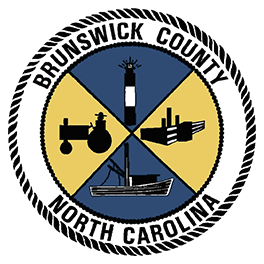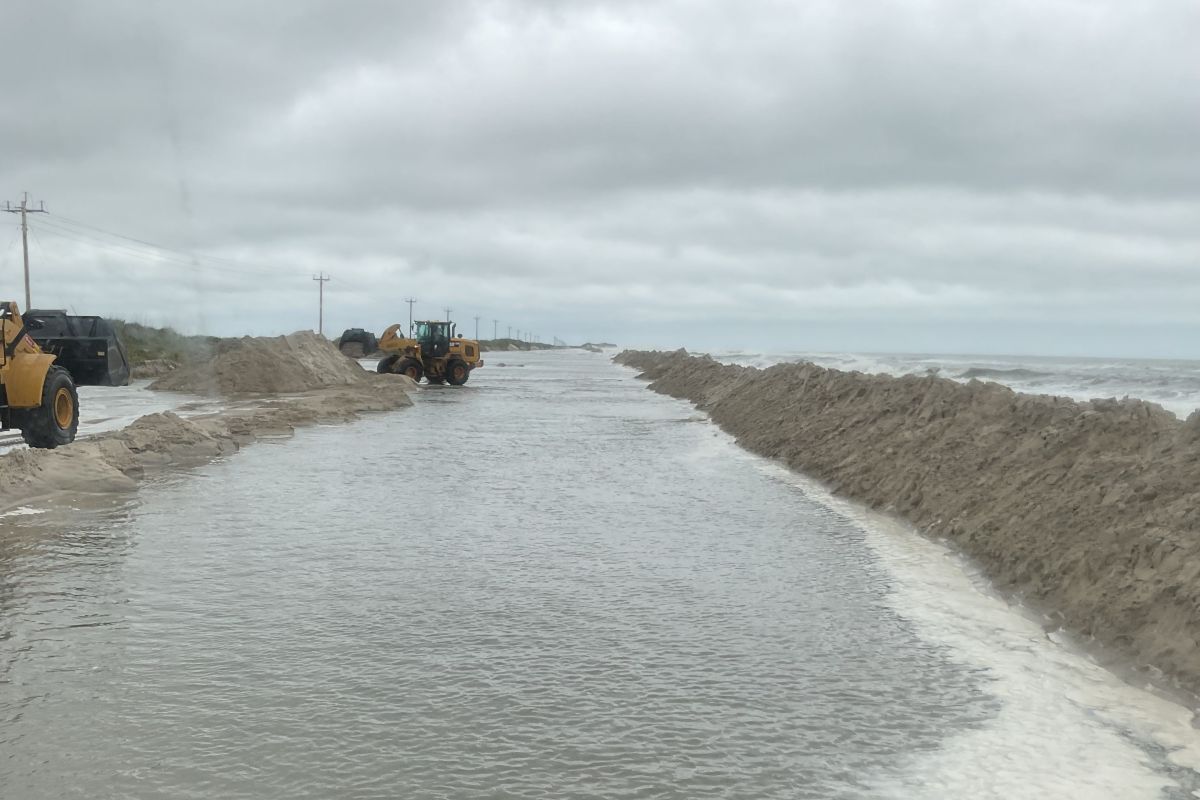RALEIGH – A chairman has been named for the science panel expanded in July to advise the state secretaries of both the Department of Environmental Quality and the Department of Health and Human services on the health effects of new and emerging environmental contaminants such as GenX and hexavalent chromium.

Jamie Bartram, a professor and founding director of The Water Institute at the University of North Carolina at Chapel Hill, has been appointed to lead Secretaries’ Science Advisory Board, which is set to meet Oct. 23. The department secretaries made the announcement Thursday.
Supporter Spotlight
The board’s first task will be studying ways to better protect public health and the environment from new or emerging chemicals of concern. But panel members have yet to be named. State officials said other new members of the board as well as a location and agenda for the first meeting would be announced soon.

Bartram, professor of environmental sciences and engineering at UNC’s Gillings School of Global Public Health, has multiple interests in the areas of water quality, including management systems for drinking water safety and rural drinking water supply.
“Dr. Bartram is a leader in the field of water and health, and will help guide a panel of experts in the fields of epidemiology, toxicology and other disciplines,” said DEQ Secretary Michael Regan. “With these experts, we will have the range of scientific expertise necessary to protect public health and the quality of our water and air.”

Gov. Roy Cooper approved a revised charter for the group, which formerly had been known as the Secretary’s Science Advisory Board on Toxic Air Pollutants and based solely at DEQ. It now will be co-managed by Regan and Mandy Cohen, secretary of the state Department of Health and Human Services. All members are to be appointed by the DEQ and DHHS secretaries. Members come from academic institutions, the public and private sectors, and independent research facilities.
“We are eager to convene this panel, conduct inquiries and take actions that will put first the health of our citizens and safety of our environment,” said Cohen.
Supporter Spotlight
The panel is to meet at least six times each year. The panel’s new charter directs it to assist DEQ and DHHS in achieving clean air, water and land. Specifically, the panel is to take on the following tasks:
- Perform or recommend reviews and evaluations of contaminants released to the environment.
- Act as consultants on DEQ’s determinations to regulate releases of contaminants.
- Assist both agencies in identifying contaminants of emerging concern and help determine whether the contaminants should be studied further.
- Assist the secretaries in providing expertise to evaluate the human and environmental effects of exposure to hazardous contaminants.
- Provide input to DHHS as the agency establishes health goals for emerging contaminants.
“Environmental exposures are important and often overlooked causes of disease worldwide,” Bartram said. “I am extremely pleased to see the leadership of North Carolina tackle emerging hazards. I look forward to seeing the board provide practical, workable support to Governor Cooper and DEQ so that we may effectively address the needs of the people of our state.”
The panel is to conduct business in an open forum to allow for public input as they are considering the latest research and will offer much-needed peer review of available scientific data, according to the announcement.







